Conor McGregor Held Liable in 2018 Rape Allegation by Dublin Civil Court
The court case against Conor McGregor, one of the world’s most high-profile mixed martial artists, has gripped Ireland and beyond, with the Dublin civil court ruling this week that he is liable for raping Nikita Hand in December 2018. The sum—€248,603, or around $257,000—carries more symbolic weight than financial, given McGregor's wealth, but for Hand and many watching, it’s a major moment of reckoning at the intersection of celebrity, violence, and justice.
The jury in Dublin reached its verdict after a two-week trial, listening closely to both Hand’s testimony and McGregor’s steadfast denial. Unlike a criminal trial, this civil proceeding used the balance of probabilities standard, which means the jury decided it was more likely than not that McGregor committed the act. This is quite different from criminal prosecutions, where guilt must be proven beyond reasonable doubt. The outcome: the jury found McGregor responsible for what it called a 'brutal rape and battery' in a Dublin hotel penthouse following a night out.
Hand, 35, gave emotional testimony about being left with severe physical injuries and still suffering from post-traumatic stress disorder years after the incident. She described feeling overwhelmed but bolstered by support from the public, friends, and advocates. 'Justice will be served,' she said, determined to highlight that speaking up matters, no matter the perpetrator’s power or fame. The civil trial meant she did not have an automatic right to anonymity; her name and story ended up at the center of the media storm.
McGregor, now 36 and still an enormous name in UFC and global sport, continued to call the night consensual. He voiced his disappointment immediately after the ruling, labeling the sum as 'modest' and arguing that the full facts and evidence weren’t presented in court. Within minutes, McGregor’s legal team announced their intention to appeal, ensuring that the story will stay in the public eye a while longer.
The trial included not just Hand’s account but also testimony from several witnesses who saw parts of the night unfold. Civil proceedings like these often reveal layers not aired in criminal courts—where previous allegations, patterns, and all sorts of details might be allowed. Still, only this specific case, from one late December night in 2018, made it to the civil jury room.
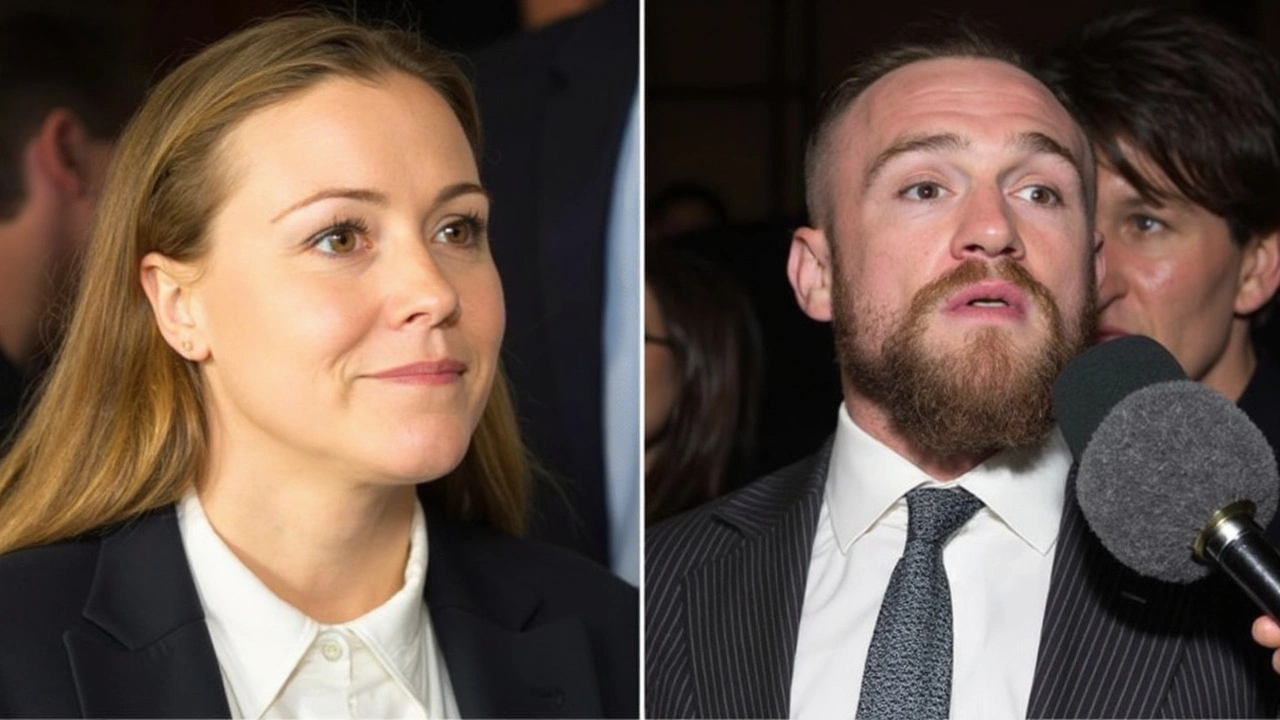
Aftermath and Wider Implications
Hand also had a separate assault claim against another man over the same general time period, but that case didn’t go her way and was dismissed. Even so, her main focus was always the civil suit involving McGregor. After the jury’s finding, Hand pointed to the broader significance—her story is now part of the growing conversation about accountability and support for survivors, especially when the accused is celebrated or influential.
The news sent shockwaves across both the MMA world and legal communities. McGregor, typically vocal and quick to defend himself on social platforms, walked out of court in silence, trailed by reporters and cameras. Many see the outcome as another example of how stars aren’t immune from legal consequences, at least in the civil system. Supporters of Hand took heart at her message to others in similar positions: Don’t be afraid to speak up, even when you think you’re alone.
There’s no sign this story is finished, not with an appeal looming and legal teams on both sides preparing for another round. For now, what stands is a rare ruling holding a world-famous athlete liable for sexual violence—and a reminder of how much work remains in the fight to hold the powerful to account.
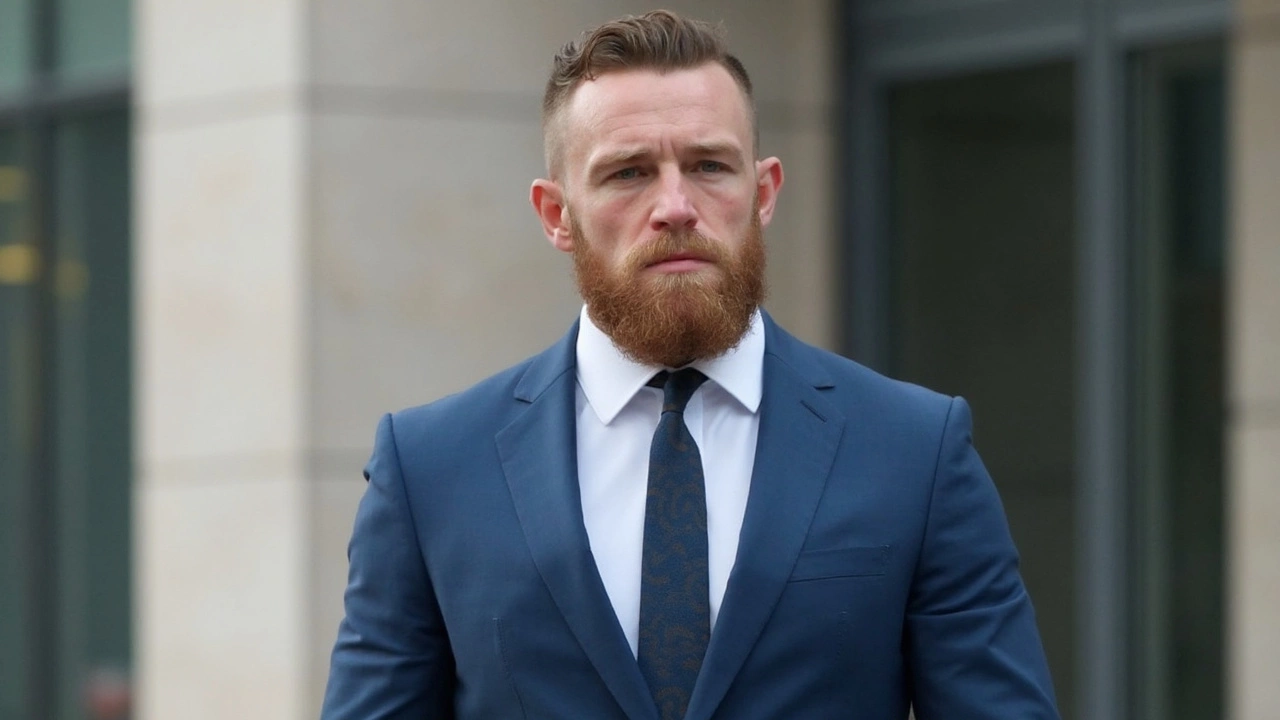


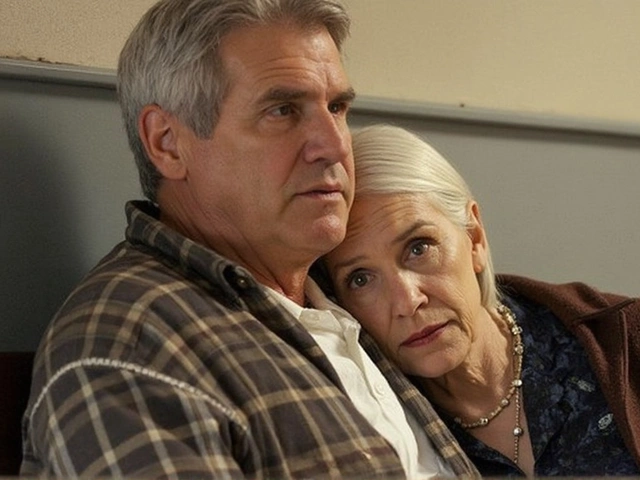
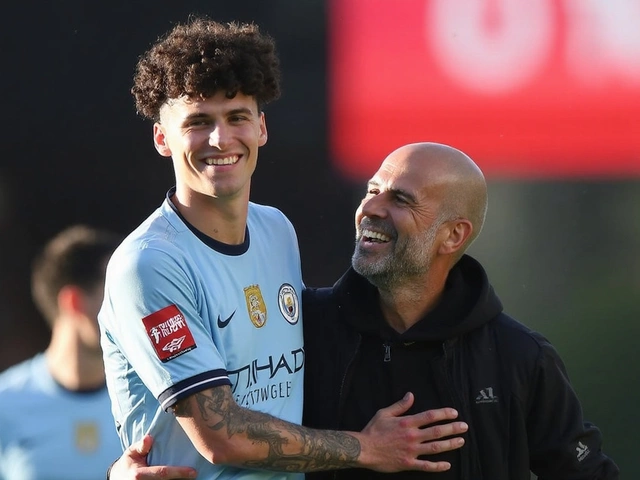
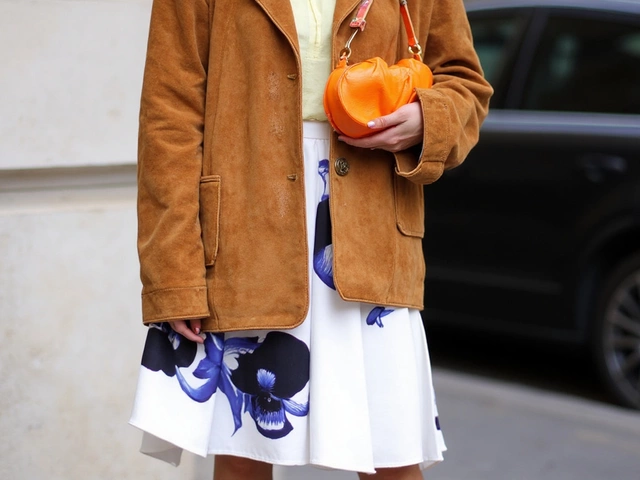
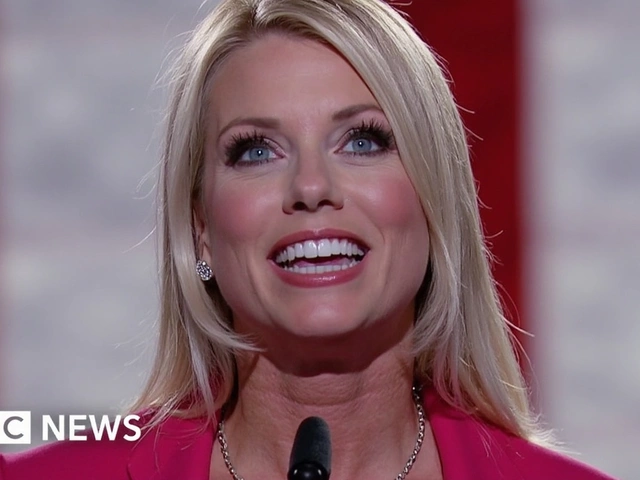
Write a comment